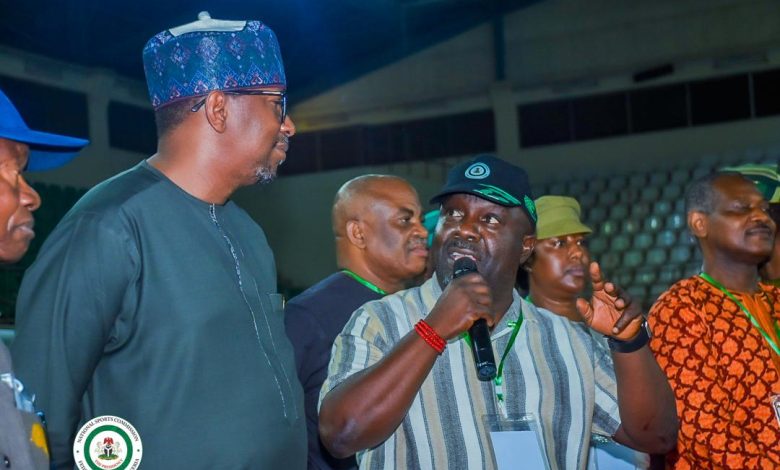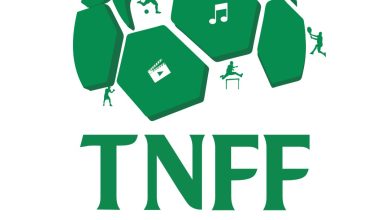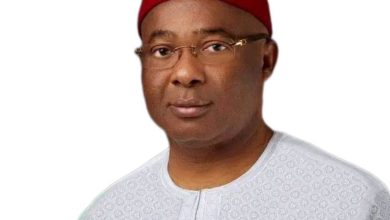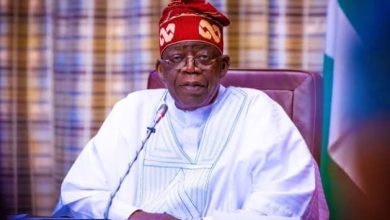One year after, NSC’s big promises, small results – A hard look at Nigeria’s Sports Commission

By Maxwell Kumoye
When the National Sports Commission (NSC) was launched a year ago, it was billed as a game-changer; a strategic agency meant to reposition Nigerian sports for global investment, private sector partnership, and sustainable funding beyond government subvention.
Twelve months later, however, the glow appears to have faded. Stakeholders across the sports community are now asking: where are the results?
From football to athletics, from facility management to federation autonomy, voices within the industry say the NSC has done more talking than transformation.
A YEAR OF LOFTY PROMISES
The NSC entered the scene with a flurry of public engagements, policy statements, and foreign investor summits, most of them designed to court international sports marketing firms to Nigeria.
But sports journalist Uzor Odigbo questioned the rationale behind that approach.
“They keep trying to lure foreign businessmen to Nigeria under different names — ‘Come, NSC will host and pay,’” Odigbo said.
Odigbo’s words capture a sentiment widely shared: that the Commission is attempting to sell a sports brand that has yet to be rebuilt.
‘SPORTS IS NOT GRAMMAR, IT’S PRACTICE’
For veteran reporter Ben Efe, the problem runs deeper than marketing. He argues that the NSC’s approach is driven by bureaucracy rather than technical understanding.
“Sports is not grammar, it’s practice and solutions,” he said. “Until we return to the field and fix the fundamentals, no amount of seminars or foreign partnerships will change anything.”
“But key into what product? A national team struggling to qualify for the World Cup? A football league where clubs collapse like cookies in continental contests? Or federations that have lost credibility?” Ben Efe asked.
That sentiment resonates with many sports insiders who say the Commission has focused too much on image management, especially with its high-level publicity around federal government relations while neglecting the hard, technical work required to rebuild grassroots sports, infrastructure, and competition systems.
CENTRALIZATION AND POWER PLAY
Critics also accuse the NSC of encouraging a return to centralized control, reminiscent of an era when federations operated under the shadow of government bureaucrats.
“Sports federations’ purses are domiciled in the vaults of sole administrators,” said Chinedum Ohanusi, a sports analyst. “Even elite federations are not spared. They have no autonomy, no transparency, and no power to act.”
This growing sense of authoritarianism, observers say, has reduced the role of technocrats and silenced voices of experience. Insiders claim that major decisions on funding, sponsorship, and events now emanate solely from the Commission’s top management, leaving federation boards and members as mere spectators.
FACILITIES, INCOMPETENCE, AND THE CONSCIENCE QUESTION
For Coach Mutiu Oluwa, a former national team coach and grassroots advocate, the Commission’s failures are most visible in the state of facilities.
“The NSC did well in Public Relations with the Federal Government,” he admitted, “but it has encouraged incompetence in the area of facilities. I wonder if we even have a conscience anymore.”
He noted that most national sporting complexes remain in decay, while promises of modern upgrades and private partnerships have yet to materialize.
Oluwa also challenged the Commission’s internal culture, calling for humility and openness to criticism.
“It’s not a bad idea to access authority like this,” he said. “It will help them adjust and serve better. Unfortunately, some will take it as an insult. But for the love of sports, we must speak.”
MARKETING WITHOUT A MARKET
Analysts say that while the NSC’s vision to commercialize Nigerian sports is laudable, the foundation for such marketing simply does not yet exist.
With national teams struggling, domestic leagues losing fan appeal, and most federations battling credibility crises, Nigeria currently lacks the competitive structure and professional consistency needed to attract genuine private investment.
“Before selling sports as a business, you must first have a viable product,” a top administrator told this reporter off the record. “That’s where NSC has failed — they are trying to sell dreams instead of results.”
WHAT NEXT FOR NSC?
Despite the criticism, many agree that the Commission still has a chance to redeem itself but only if it shifts focus from Public Relations to performance.
Experts recommend an immediate audit of the Commission’s one-year activities, a restructuring that gives sports technocrats greater say, and a measurable plan for facility rehabilitation and federation empowerment.
For now, though, the verdict from the sporting community is harsh but clear: one year after, the NSC remains a good idea trapped in bad execution.




